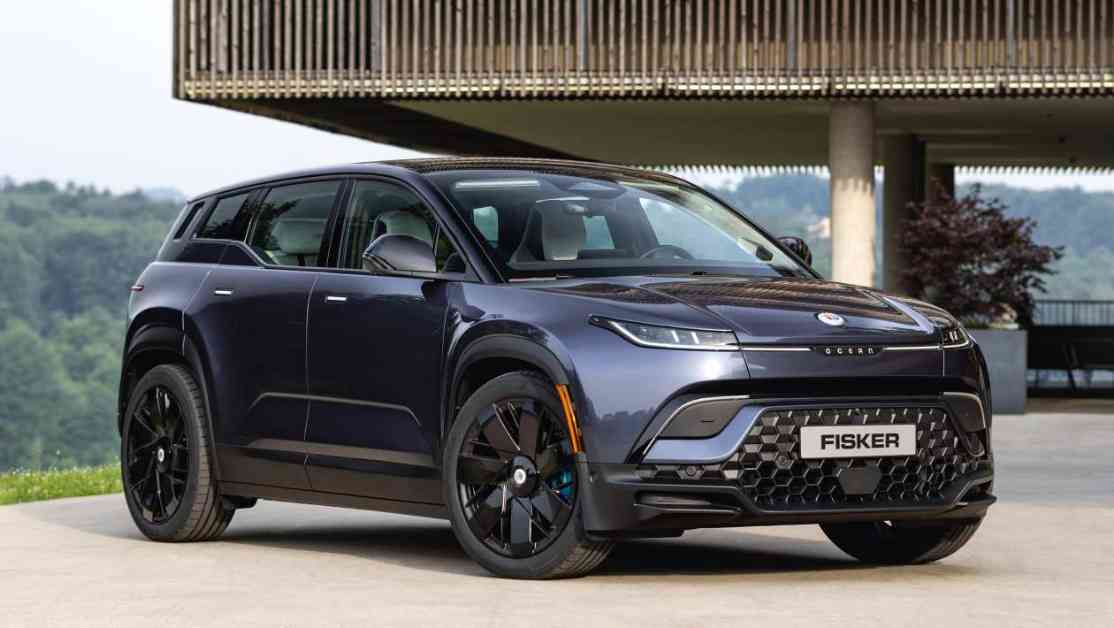Fisker, the electric car brand founded by Henrik Fisker, has faced significant financial challenges, resulting in the filing of Chapter 11 bankruptcy. The company reported a staggering loss of over $450 million in the final quarter of 2023, leading to failed negotiations with potential investors, such as Nissan.
These unsuccessful talks caused the suspension of trading in Fisker’s shares on the New York Stock Exchange. Production of the Ocean SUV, Fisker’s first model manufactured by Magna in Austria, was halted, along with the development of the Pear, a smaller model. In an attempt to boost sales, Fisker reduced prices on the Ocean SUV by up to £15,000, but the company struggled to deliver vehicles to customers.
The decision to file for Chapter 11 bankruptcy involves reorganizing the company’s assets and liabilities under court supervision, potentially including unsold vehicles. Despite the challenges, Fisker highlighted its accomplishments in delivering thousands of Ocean SUVs to customers in North America and Europe. This is not the first time Henrik Fisker has faced bankruptcy, as a previous project involving the Karma plug-in hybrid saloon also collapsed in 2013.
The automotive industry has been closely monitoring Fisker’s financial struggles and the impact on the electric vehicle market. The company’s challenges reflect broader market and macroeconomic headwinds that have affected its operations. Henrik Fisker’s vision for the future of electric vehicles has faced setbacks, but the company remains hopeful for a potential reorganization of its assets through Chapter 11 bankruptcy proceedings.
As the automotive industry continues to evolve, the fate of Fisker serves as a reminder of the challenges faced by start-ups in the competitive market. The rise and fall of Fisker highlight the complexities of launching a new electric vehicle brand and securing sustainable funding in a rapidly changing industry landscape. Despite the uncertainties surrounding Fisker’s future, the company’s innovative designs and technological advancements have left a mark on the automotive world, sparking discussions about the future of electric vehicles and sustainable transportation.










